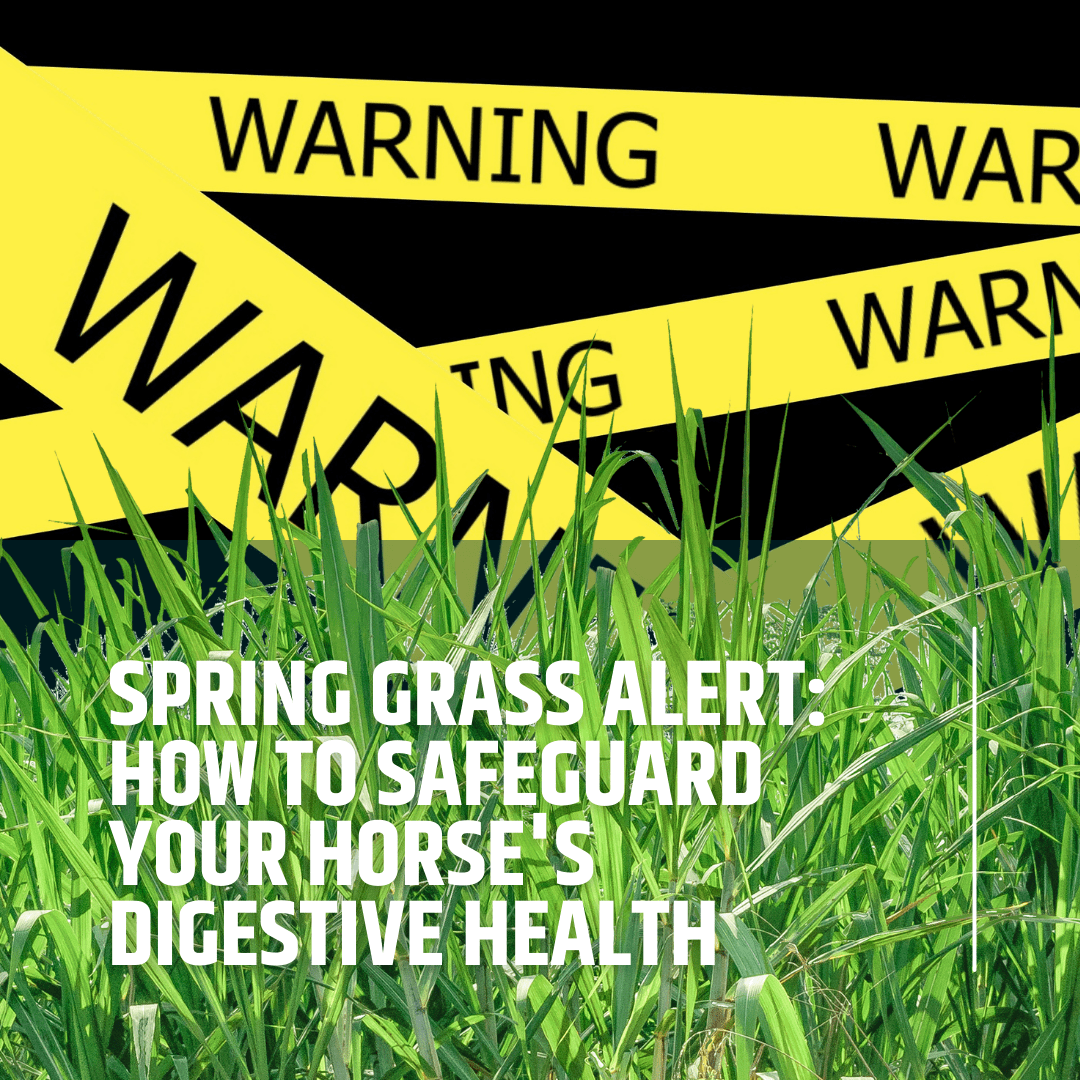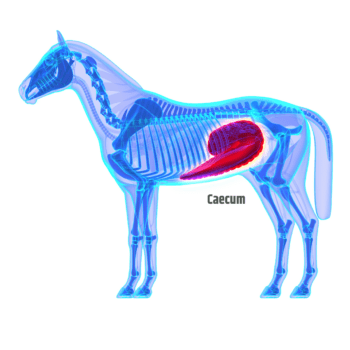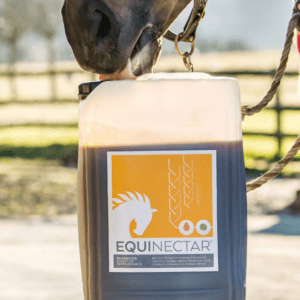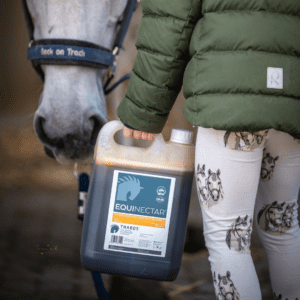

Ben Nedas
Chief Commercial Officer
Spring Grass Alert: How to Safeguard Your Horse's Digestive Health
01
Introduction
As the season shifts, horse owners face the challenge of managing the fresh growth of spring grass, which can significantly impact a horse's health. In a detailed Facebook post, Tom Beech, also known as the Osteopathic Vet, provides essential guidance on the potential effects of spring grass on equine well-being, particularly focusing on the hindgut.
02
The sugary dilemma of Spring grass
Tom Beech points out the dual nature of spring grass, noting its rapid growth and high sugar content, which pose risks to equine digestive health. "The 'worst' grass for sugar is the grass that has been eaten down to less than 5cm. This very short grass is now fighting for its life. To survive, it needs to grow quickly and so it produces a lot of sugar," Beech explains. These conditions can lead to a disturbed pH balance in the horse's caecum, causing discomfort and potentially serious health issues.
03
Understanding the caecum's role

The caecum is critical in the digestion process of horses, housing bacteria that break down fibrous material. Beech elaborates on the importance of this process, "The caecum's job is to break down all the cellulose fibres found in the forage. What makes this possible is the vast amount of helpful bacteria that are present within the caecum." Disruptions in this environment, particularly due to dietary sugar, can upset the microbial balance and lead to caecal acidosis.
04
Comprehensive list of symptoms
Tom Beech provides a thorough list of symptoms that may indicate hindgut or caecal acidosis in horses:
- Upset around the right flank
- Girthiness
- Right hind unsoundness or lameness
- Loss of left canter or reluctance to enter canter
- May buck or kick out
- Reluctance to lift right hind for the farrier
- Right hind won't track up
- Right hind moves to the inside when walking (on three tracks)
- Right hind toe dragging
- Hind legs filling (sheath and teats too)
- Tight right hock and suspensories
- Intermittent left fore lameness (diagonal compensation)
- Gassy, bloated tummy
- Loose droppings or faecal water
- Saddle pushing off to left
- Right side of pelvis dropping when walking, plus tail to the right
- Significant hip tension on right
- Right rein feeling easier
- Stronger seasons in mares
- Potential for headshaking
- Increased risk of stomach ulcers, colic, and laminitis
05
Preventative measures and recommendations
To manage these risks, Beech advises a holistic approach, starting with regular veterinary checks to address any underlying issues that might exacerbate sensitivity to dietary changes. He emphasises the importance of managing grazing time, especially during peak sugar production hours, and suggests supplementing with low-sugar forages to maintain a balanced diet.
06
Conclusion
By closely monitoring and adjusting the diet and grazing habits of horses during the spring, owners can help prevent the onset of hindgut issues. Tom Beech's expert insights underline the critical role of proactive management in maintaining equine health during periods of rapid grass growth. His recommendations provide a practical framework for horse owners to follow, ensuring their horses remain healthy and perform well throughout the spring season.
07
A small word about where EquiNectar can fit into your management strategy
While managing equine diets during spring, it's essential to prioritise good pasture management and veterinary care. In this context, EquiNectar can serve as a supportive tool to enhance digestive health. This supplement is formulated to aid the natural digestive processes, helping to stabilise the microbiome within the caecum.
Although EquiNectar is not a substitute for management practices, it can complement them by assisting in the digestion of fructans (polymers of fructose) and fibrous forage, potentially helping to maintain a balanced caecal pH. As Tom Beech advises, supplements should be used judiciously within a comprehensive care plan.
ABOUT EQUINECTAR
Description
EquiNectar® is a natural feed supplement, that is scientifically proven to:
- Re-balance your horse’s gut bacteria
- Help your horse maximise benefits from its feed
- Improve your horse’s condition
More information
EquiNectar® is produced by Tharos Ltd in the UK. It is a natural source of digestive enzymes and contains only the following ingredients:
- Our patented enzyme rich malt extract
- Medium chain triglycerides (from coconut oil)
- Potassium sorbate
For more details of the enzymes within EquiNectar® take a look at the ingredients and enzymes page.
How to feed
Simply add EquiNectar® to your horse's daily feed, using the Feeding Rate chart to determine the correct amount.
For detailed instructions about how to introduce EquiNectar, please read the comprehensive Feeding Guide page.





